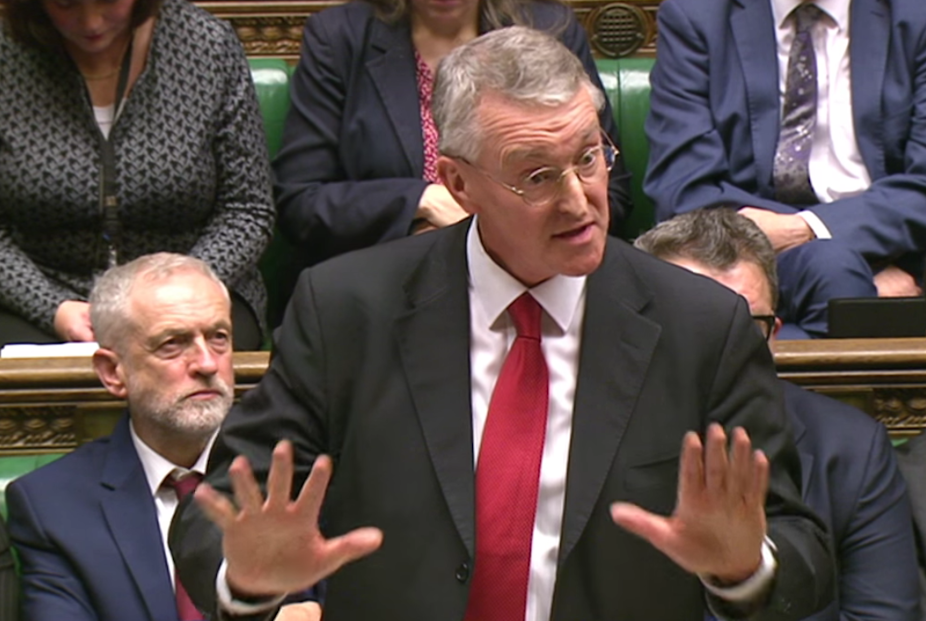As the British parliament debated whether to bomb Syria, it became clear just how divided the Labour party has become. No doubt many commentators will claim that this shows that the party is “in disarray”, “hopelessly split” and “all over the place”. But it might also be that allowing members to openly disagree on sincerely held opinion about a complex issue could be seen as a sign of maturity in a political party.
Labour’s leader, Jeremy Corbyn, was right to agree to a free vote. But his management of the Syria situation lacked a sure political touch. Too often initiatives were taken without consulting the shadow cabinet or senior frontbenchers. In the shadow cabinet meeting prior to the vote accusations were made that Corbyn and his office had handled matters in an inept and needlessly divisive way.
Labour was, as expected, far more divided than the Tories – but contributions from both proponents and opponents of airstrikes were, for the most part, thoughtful, sombre and measured. A total of 66 Labour MPs voted with the government, which was on the higher side of expectations.
Hilary and Jeremy
The debate was in many ways a tale of two speeches. Corbyn’s was honest and earnest, but somewhat lacking in coherence. It was, frankly, pedestrian. In contrast, his shadow foreign secretary Hilary Benn, delivered what has been called “an oratorical tour de force”, a speech that was fluent, impassioned and compelling.
The effect, whatever the intention, was to set in stark the relief the contrast between a seasoned politician of high calibre and his well-meaning, but less impressive, boss.
The problem is that underlying the debate over Syria is a deepening, intensifying and ever more acrimonious fissure between the Corbyn leadership and the bulk of the parliamentary party. Some of the division is about policy but much is over perceived weaknesses in leadership, management and communication. Opponents think Corbyn lacks the skills, experience and aptitude to effectively execute leadership of the party.
Further, some of his critics have argued that Corbyn has destabilised relations with the Parliamentary Labour Party by inviting rank-and-file members to apply pressure against MPs who back intervention in Syria. Few would query the proposition that constituency Labour party groups should have a voice in how their parliamentary representatives cast their votes, but what has caused very considerable ill-feeling has been widespread suspicion that Momentum, a recently-formed group of Corbyn supporters, orchestrated a campaign to pull MPs into line – with the threat of deselection if they failed to do so.
There have also been allegations by MPs in favour of air strikes of abuse and intimidation on social media – but since this seems to be the preferred style of social media discourse perhaps too much should not be made of this.
So is Corbyn’s leadership imperilled? Perhaps not immediately. But what if Labour performs poorly in the whole batch of elections taking place next spring? What if it continues to trail well behind the Tories in the opinion polls? What if, above all, the wider public’s negative image of him has congealed to such an extent that it cannot realistically be dislodged?
If so, many will be wondering if there is anyone else available who could both hold the party together and appeal to a wider public as a capable, articulate and effective leader. Perhaps some might recall that in Canada a few months ago the son of a famous father (Pierre Trudeau) revived his party’s faltering fortunes and, against the odds, triumphed at the polls. Anyone like that in the UK?

